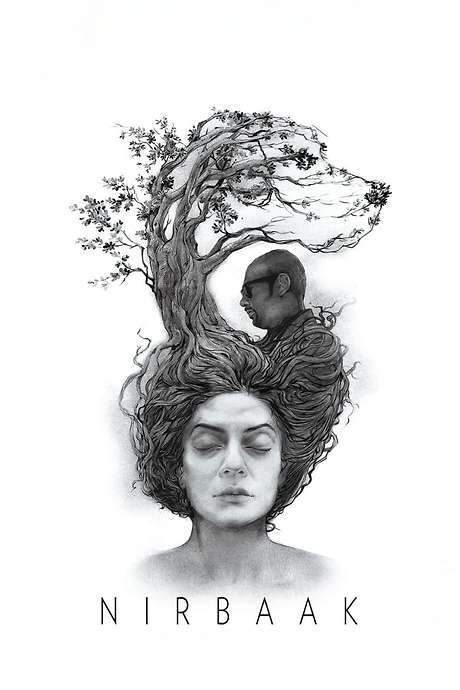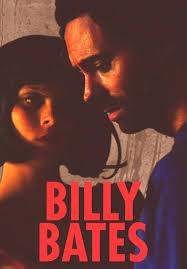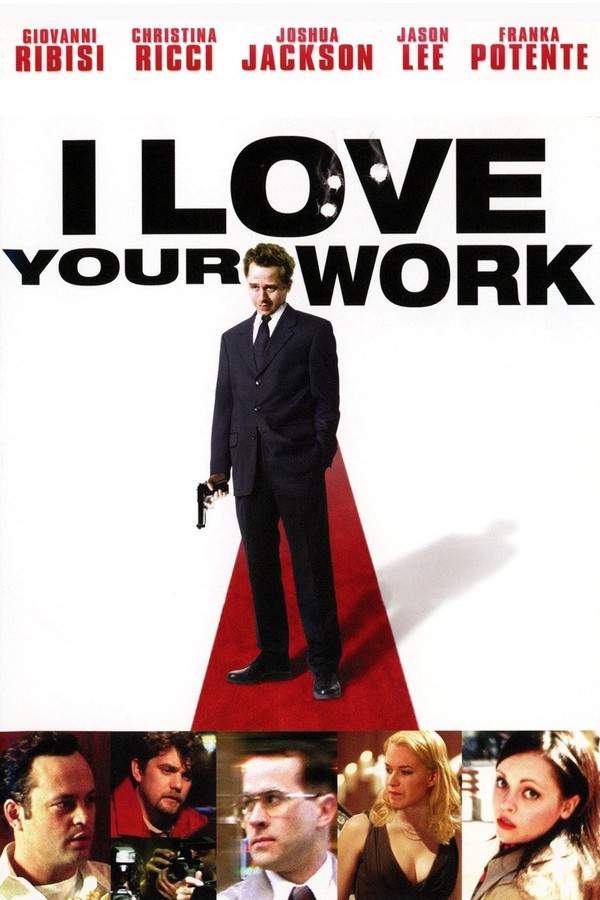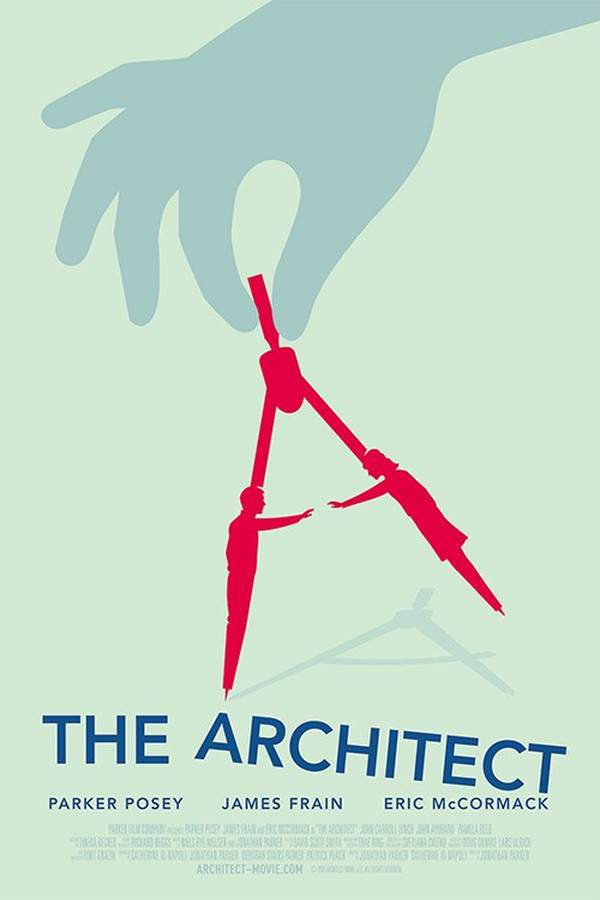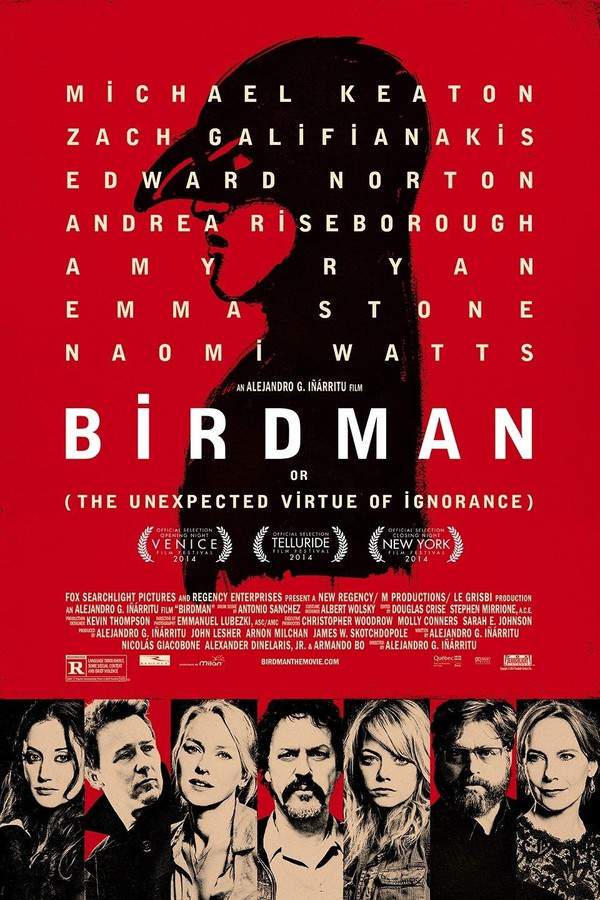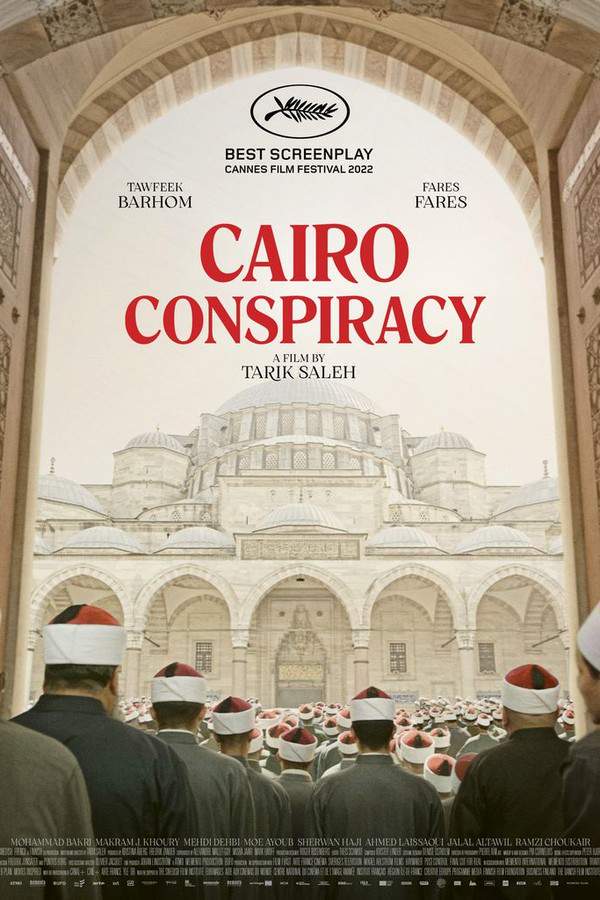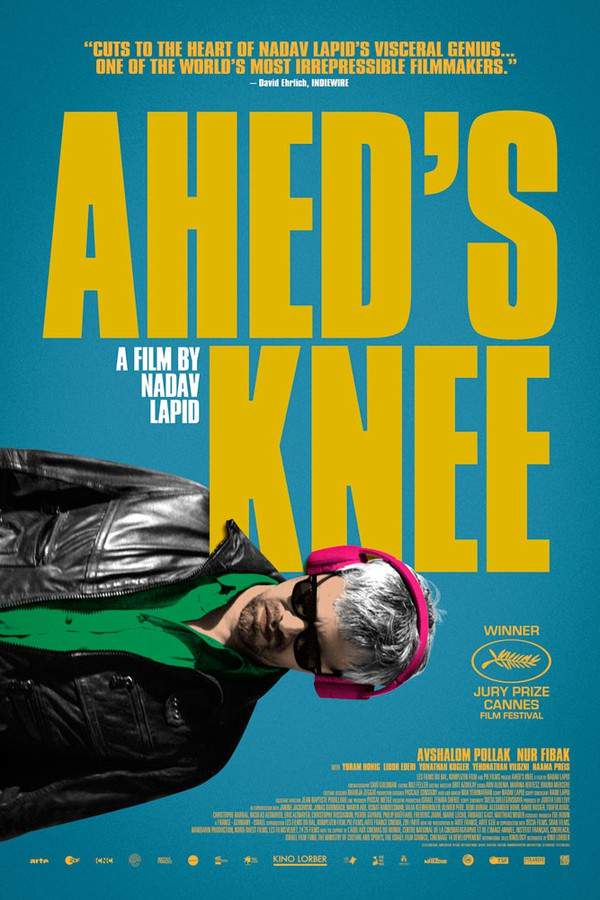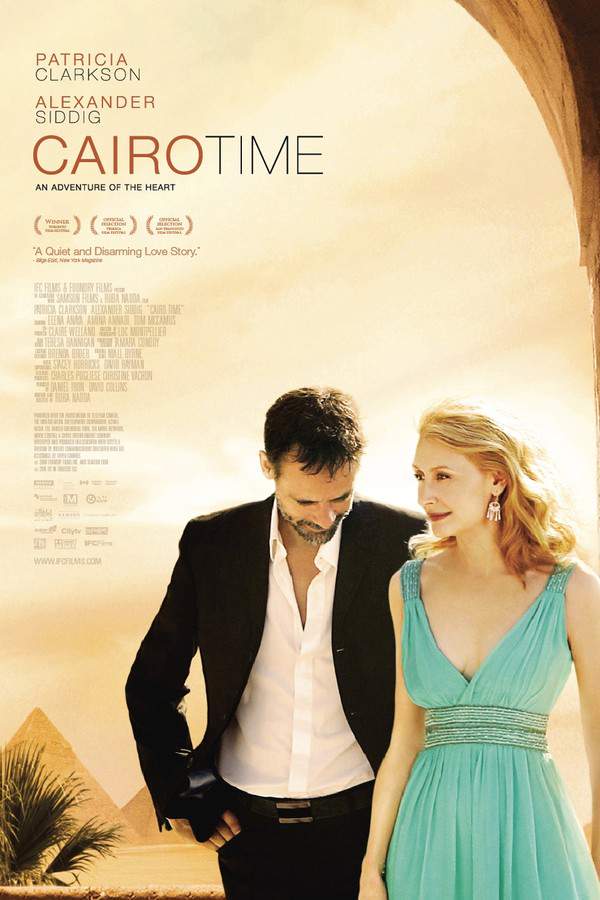
An Egyptian Story
Year: 1982
Runtime: 120 mins
Language: Arabic
After “Alexandria, Why?” Egyptian director Yehia Mourad, now in his thirties, enjoys professional success but has grown distant from his wife and children. While shooting the climax of his new film he suffers a symbolic heart blockage; doctors in England order emergency surgery. The film blends fact and fiction with absurdist fantasy to probe the personalities and forces that made Yehia—and Youssef Chahine—who they are.
Warning: spoilers below!
Haven’t seen An Egyptian Story yet? This summary contains major spoilers. Bookmark the page, watch the movie, and come back for the full breakdown. If you're ready, scroll on and relive the story!
An Egyptian Story (1982) – Full Plot Summary & Ending Explained
Read the complete plot breakdown of An Egyptian Story (1982), including all key story events, major twists, and the ending explained in detail. Discover what really happened—and what it all means.
Nour El-Sherif stars as Yehia Shukri Murad, a self-centered, chain-smoking, highly-strung radical realist filmmaker whose life careens toward a crisis when a heart attack interrupts a shoot. He travels to London for diagnosis and, ultimately, a bypass operation. The day before the operation, he spends time with his chauffeur, and the film shocks with a bold suggestion of a homosexual tangle between Yehia and the driver, conveyed through charged glances and unspoken tension.
As Yehia slips under anesthesia, the narrative shifts into a surreal, dreamlike courtroom housed inside his own chest. The courtroom’s roof beams are his ribs, and his inner child sits on trial, feeling abandoned by the adult Yehia and determined to strike him down. The child’s witness stand is built from clear plastic tubes, into which he drops white crystals that symbolize Yehia’s arteries and the cholesterol clogging them. Throughout the chaotic testimonies, a series of flashbacks illuminate Yehia’s life, beginning with harsh treatment by a bitter Catholic primary-school teacher.
The memories carry Yehia through pivotal moments in Egyptian history: his youth amid riots against British forces, his role in and direction of a film that alludes to Cairo Station, his relentless pursuit of Euro-American recognition at Cannes and in New York, the prize he nevertheless wins at the Moscow International Film Festival, and his work about the Battle of Algiers (1956–57), alluding to the era’s cinema. As Yehia ages, he encounters friction with censors yet stubbornly continues to shoot his banned film, a defiant arc that ends with the heart attack that frames the story.
The drama of Yehia’s life is inseparable from his family ties—his mother, his sister, and his wife Amal—each thread echoing within both the flashbacks and the courtroom sequences. The film suggests that the women’s behavior reflects their own experiences under patriarchal oppression: Yehia’s mother is compelled into marriage and motherhood at a young age and, in turn, imposes the same strictures on her daughter; Yehia himself resists letting his daughter pursue a love marriage just before his collapse. Amal, portrayed by Yousra, is likewise caught in the pressures of motherhood and Yehia’s infantile traits, a dynamic the film uses to explore power, vulnerability, and longing. The story traces how these relationships shape Yehia’s choices and his creative vision.
The finale intensifies as Yehia’s inner child faces a death sentence and dives into an artery with a knife in a bid to kill the adult Yehia. A surgeon then extracts this inner presence, and, waking from anesthesia, Yehia encounters the reclaimed child and the two merge back into one. In its closing beat, the film offers a moment of unresolved peace, a renewed self-awareness that embraces both Yehia’s complexities and his humanity.
Yehia Shukri Murad and Amal are central to this intricate tapestry, with key appearances by the performers guiding the intimate, symbolic layers of the story: Laila Hamada as Yehia’s Sister, Soheir El-Bably as The Mother, Magda El Khatib as The Sister, and Magda Al Sabahi as Magda, whose presence deepens the film’s examination of family dynamics and reputation in a culturally charged society. The film’s dreamlike structure and unflinching scrutiny of personal and political history invite viewers to consider how art, memory, and family impulses intersect in a life lived under public gaze.
Last Updated: October 09, 2025 at 14:55
Explore Movie Threads
Discover curated groups of movies connected by mood, themes, and story style. Browse collections built around emotion, atmosphere, and narrative focus to easily find films that match what you feel like watching right now.
Surreal Journeys of Self-Discovery like in An Egyptian Story
Films that use dreamlike logic to explore a fractured identity and painful memories.Explore movies like An Egyptian Story that blend reality with dreamlike fantasy to probe deep into a character's psyche. If you liked the symbolic, introspective journey of Yehia Mourad, you'll find similar films here where surrealism meets heavy emotional truth in stories of self-discovery.
Narrative Summary
Stories in this thread often follow a character, frequently an artist or intellectual, facing a personal crisis that triggers a non-linear exploration of their life. The plot unfolds through a mix of present-day drama and chaotic, symbolic flashbacks or fantasies, forcing the protagonist to confront formative memories, regrets, and the forces that shaped their identity.
Why These Movies?
These films are grouped together because they share a core approach to storytelling: using surreal, abstract, or fantastical elements not for escapism, but as a direct tool for intense psychological introspection. They create a specific mood of anxious melancholy combined with intellectual curiosity about the self.
Movies about Artistic Crisis like An Egyptian Story
Stories about creators whose personal turmoil directly fuels and fractures their art.Find films similar to An Egyptian Story that explore the torment and introspection of an artist in crisis. If you were fascinated by Yehia Mourad's struggle to reconcile his life with his filmmaking, these stories examine how personal breakdowns and family dynamics fuel the creative process.
Narrative Summary
The narrative pattern involves an artist at a crossroads, where their professional success feels hollow against a backdrop of personal failure. A catalyst, such as a health scare or familial collapse, forces them to re-examine their life's work, leading to a meta-textual exploration where the act of creation itself becomes part of the story's conflict.
Why These Movies?
Movies are grouped here based on their central focus on the artist's psyche and the thematic exploration of how art is born from pain and self-interrogation. They share a heavy emotional weight, a tendency towards narrative complexity, and a melancholic, often tense, atmosphere rooted in creative and personal blockage.
Unlock the Full Story of An Egyptian Story
Don't stop at just watching — explore An Egyptian Story in full detail. From the complete plot summary and scene-by-scene timeline to character breakdowns, thematic analysis, and a deep dive into the ending — every page helps you truly understand what An Egyptian Story is all about. Plus, discover what's next after the movie.
An Egyptian Story Timeline
Track the full timeline of An Egyptian Story with every major event arranged chronologically. Perfect for decoding non-linear storytelling, flashbacks, or parallel narratives with a clear scene-by-scene breakdown.

Characters, Settings & Themes in An Egyptian Story
Discover the characters, locations, and core themes that shape An Egyptian Story. Get insights into symbolic elements, setting significance, and deeper narrative meaning — ideal for thematic analysis and movie breakdowns.

An Egyptian Story Spoiler-Free Summary
Get a quick, spoiler-free overview of An Egyptian Story that covers the main plot points and key details without revealing any major twists or spoilers. Perfect for those who want to know what to expect before diving in.

More About An Egyptian Story
Visit What's After the Movie to explore more about An Egyptian Story: box office results, cast and crew info, production details, post-credit scenes, and external links — all in one place for movie fans and researchers.

Similar Movies to An Egyptian Story
Discover movies like An Egyptian Story that share similar genres, themes, and storytelling elements. Whether you’re drawn to the atmosphere, character arcs, or plot structure, these curated recommendations will help you explore more films you’ll love.
Explore More About Movie An Egyptian Story
An Egyptian Story (1982) Scene-by-Scene Movie Timeline
An Egyptian Story (1982) Movie Characters, Themes & Settings
An Egyptian Story (1982) Spoiler-Free Summary & Key Flow
Movies Like An Egyptian Story – Similar Titles You’ll Enjoy
Cairo Conspiracy (2023) Movie Recap & Themes
Ahed's Knee (2022) Film Overview & Timeline
Cairo Time (2010) Complete Plot Breakdown
Yomeddine (2019) Movie Recap & Themes
Alexandria… New York (2004) Complete Plot Breakdown
The Yacoubian Building (2006) Ending Explained & Film Insights
Cairo as Told by Youssef Chahine (1991) Full Summary & Key Details
Adieu Bonaparte (1985) Ending Explained & Film Insights
Alexandria Again and Forever (1989) Ending Explained & Film Insights
The Black Pharaoh, the Savage and the Princess (2022) Spoiler-Packed Plot Recap
The Egyptian (1954) Full Summary & Key Details
The Aquarium (2008) Plot Summary & Ending Explained
The City (1999) Detailed Story Recap
Cairo 30 (1966) Story Summary & Characters
An Egypt Affair (2023) Movie Recap & Themes

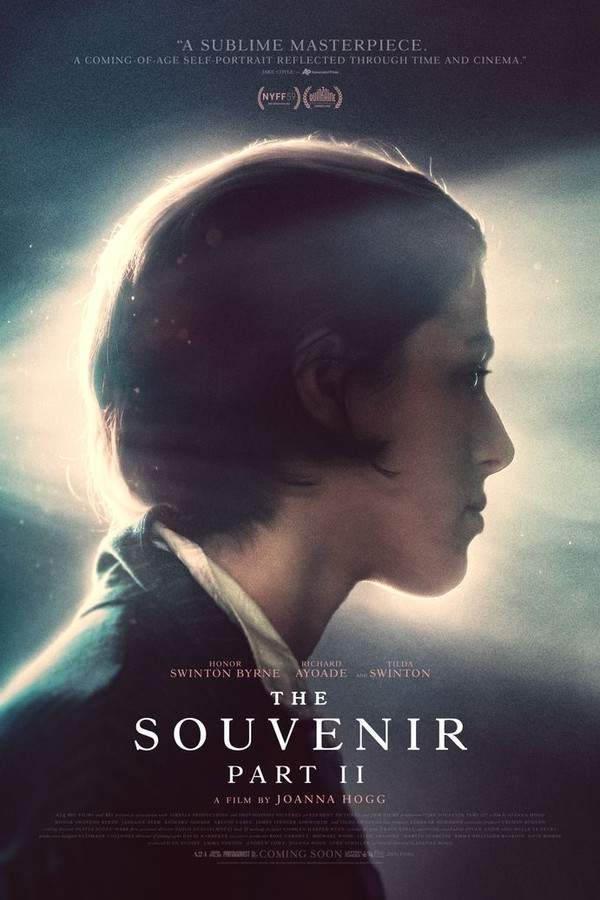
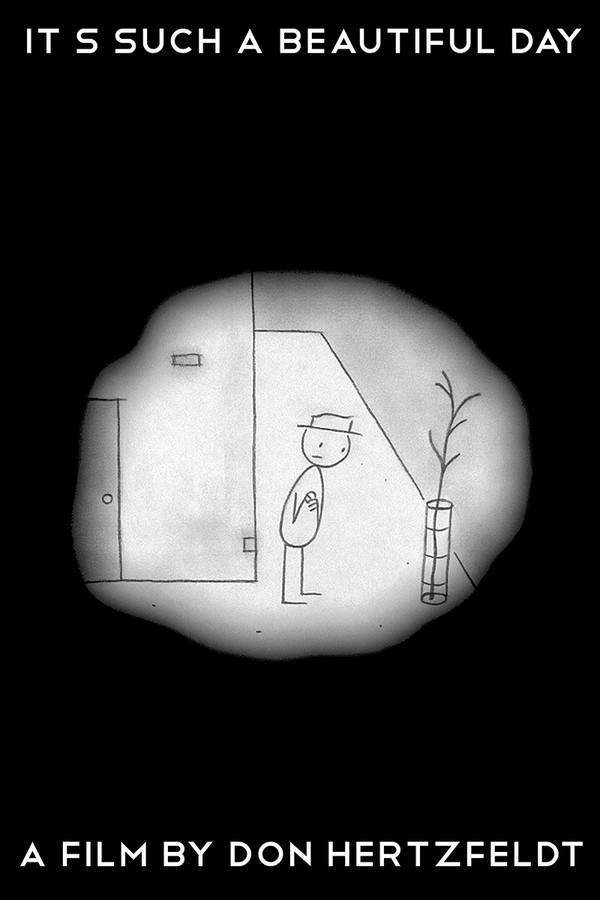

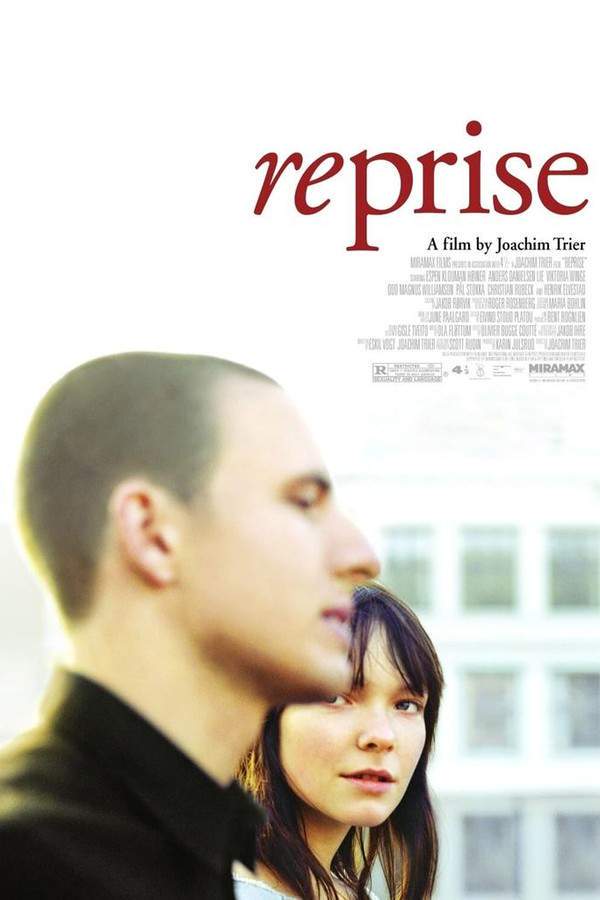

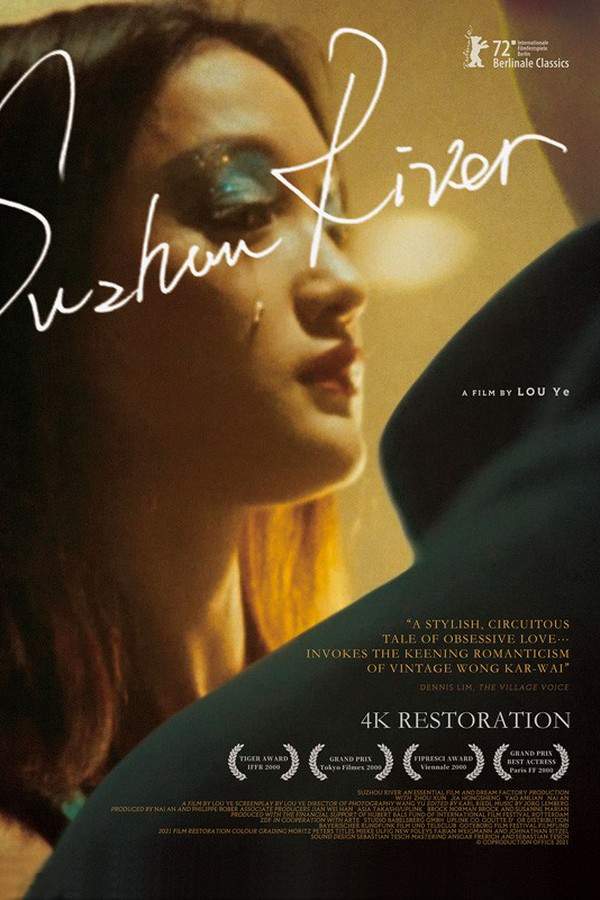
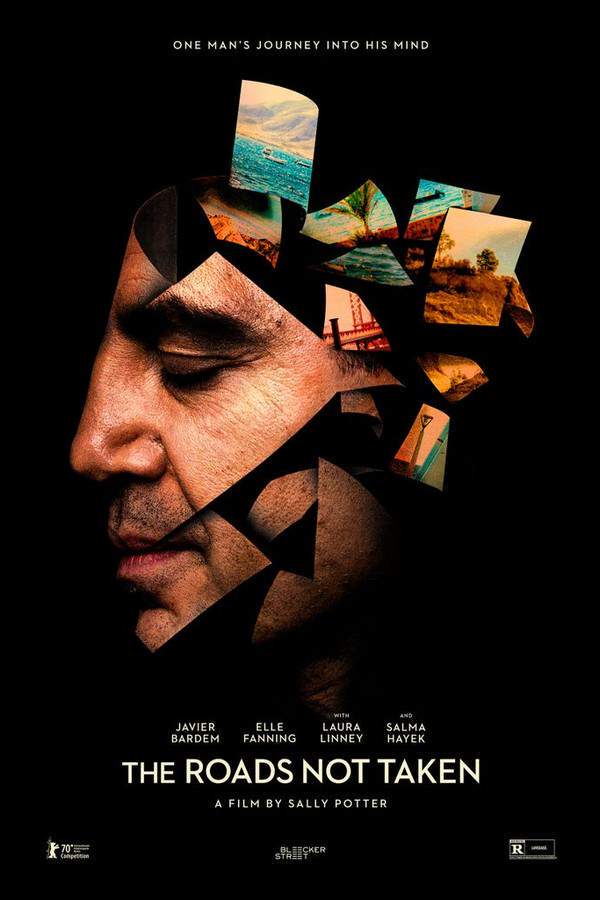
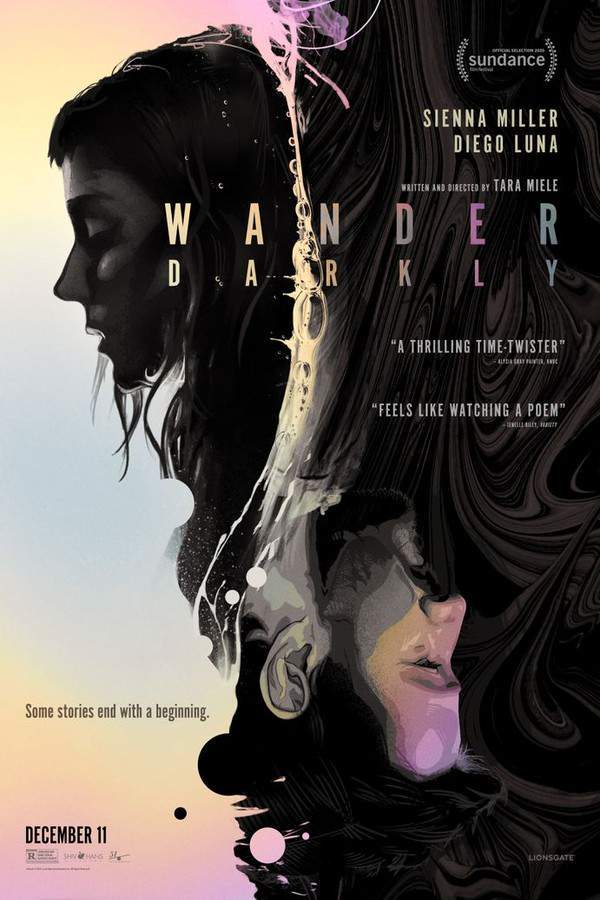

-HOGtBZMKH4I3HQ.jpg)
